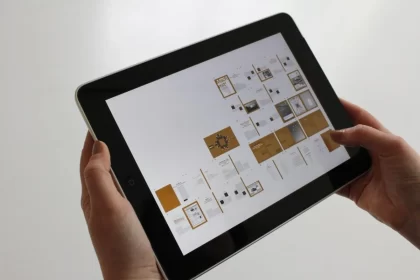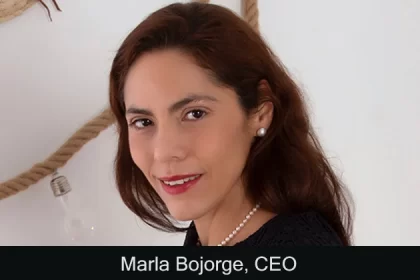Are you considering returning to education and want to know if a graduate certificate in communication is a good starting point? Or are you looking for a career change and the course has been recommended to you? Whatever the reason is, we are here to help! A graduate certificate in communication doesn’t need to be as mysterious as it first seems, providing you with a solid introduction to communication and how you can excel in a career in communications. Today, we walk you through everything you need to know about the course so you can decide if it is right for you.
What is a graduate certificate in communication?
A graduate certificate in communication is a postgraduate course providing you with an introduction to communication, making it ideal if you have no previous experience. The course teaches you how to align communications with organisational tools, how to influence through strategy, and how to focus on the future of communications. Many course providers offer the course full-time or part-time, with the option to study online. You get complete flexibility when studying online, working through one unit at a time, at a time that suits you and your other commitments.
What will I learn on a graduate certificate in communication?
What you learn on a graduate certificate in communications will depend on the course provider and the units that you choose. You will complete three units to complete the course, but you are free to choose from a range of foundation and advanced units, which will help you tailor the course to your goals and needs. Most course providers will offer a variety of units, but it is best to check directly with them before applying to ensure they have the right units for your needs. The titles and content of these units may vary slightly, but you can expect to see the following in a course brochure:
Creative communication
This unit helps you to develop a communication portfolio of creative works in a variety of mediums and formats. You will learn about creative communication for both digital and traditional platforms, giving you a rounded experience.
Communication campaigns
Here you will research, develop, evaluate, and implement a communications campaign, providing you with valuable experience for the workplace. As part of the unit, you will set goals and SMART objectives, with real-world scenarios as part of your communication campaigns.
Communication techniques
Ethical and responsible communication
This unit shows you the social, environmental, and governance issues organisations face today. You will learn how you can respond to these issues and implement best practices for ethical and responsible communication.
Inclusive communication
Inclusive communication is an essential part of any business, and you will need to learn how to create effective and inclusive communication. You will explore the spectrum of inclusiveness and accessibility and how communication needs to be presented so you can create strategies for inclusive communication.
Issues management and crisis communication
Here, you will use real-world case studies to see the differences between an organisational issue and a crisis and how to deal with them. You will be taught reputation management strategies and how to apply these to different scenarios so you can effectively manage crisis situations in your new role.
Social and digital media communication
The goal of this foundational unit is to teach you about digital and social media theory and strategy. You will look at the societal and ethical issues in special media and how to put theory into practice.
Strategic communication
Here, you explore the concepts, theories, and practices in communication. You will explore two-way communication, stakeholder management, and more to help you develop a situation analysis and strategic communication plan.
The business of communication
In this unit, you will learn about the political, economic, and social environments of business communications and their operations. You will build commercial acumen skills that will help you lead improvements in communication effectiveness and quality, driving ROI.
What can I do with a graduate certificate in communication?
After completing a graduate certificate in communication, you can progress into many communication roles across several sectors, including public health, education, and the private sector. Many graduates move into the following roles;
- Communications officer
- Communications advisor
- Communications and engagement advisor
- Public relations officer
- Bid coordinator
What do I need to apply for a graduate certificate in communication?
The entry requirements for a graduate certificate in communication vary slightly depending on the course provider you choose, but you will usually need a bachelor’s degree or five years of relevant professional experience. What counts as experience will vary depending on the course provider, so we recommend speaking to them directly. You will also need to meet some additional requirements if English is not your first language.
Find your communication course today
A graduate certificate in communication is the perfect way to see if a career in communication is right for you and provide you with the skills and knowledge you need. ECU offers an excellent communication course where you gain foundational knowledge, using real-world scenarios. Contact them today to find out more about their graduate certificate of communication.










